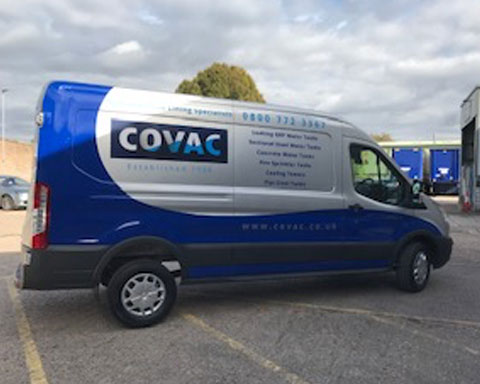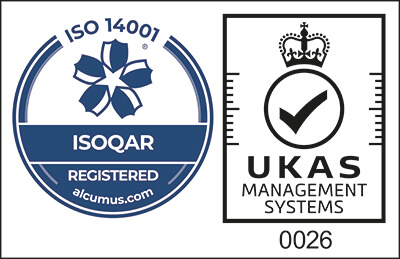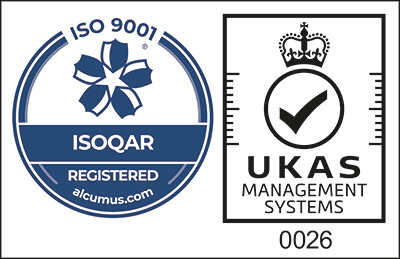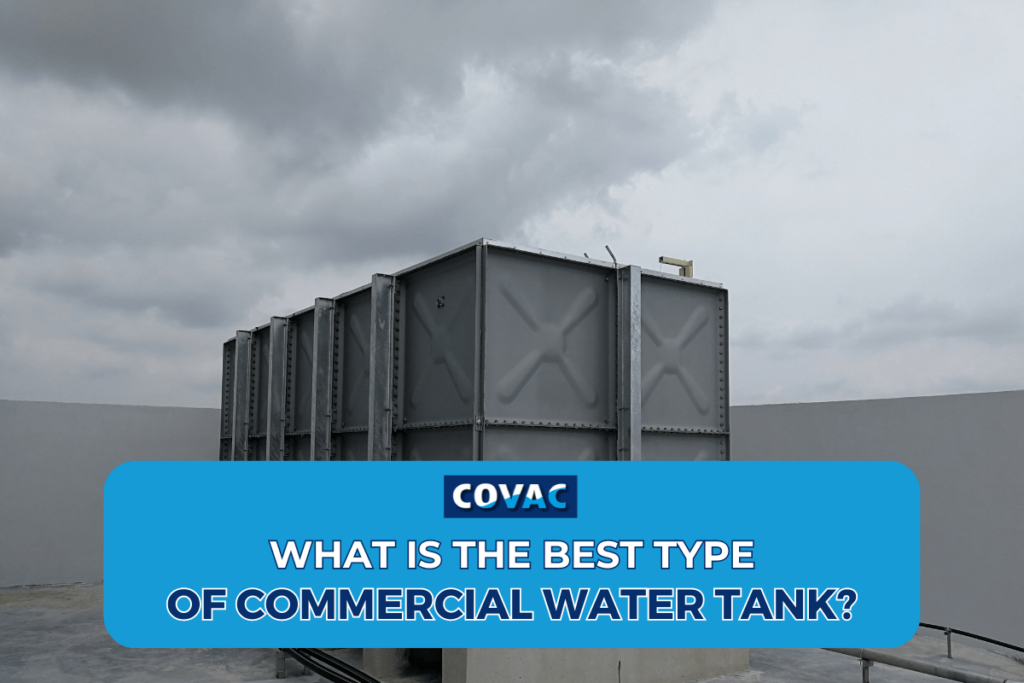
The commercial water tank is used in many industries, and comes in many different forms. From the steel water tank to the concrete water tank, each variation has distinct characteristics and benefits.
If you have limited experience in the industry, or with this particular product, you may be scratching your head at this point. There are so many options, so selecting the correct one can be confusing.
This is why we have opted to write the following article today. We at COVAC are going to explore the many different forms of water storage tank, and outline what their intended uses are. Continue below.
Firstly, What Is a Commercial Water Tank?
A commercial storage tank is used to, you guessed it, store water. But they are highly important. You can usually find non-potable and potable varieties. Whilst non-potable is not suitable for drinking, potable water is.
The industrial, commercial, manufacturing and agricultural sectors all make use of these products for varying reasons. Regardless of the intended use a water storage tank will protect water and preserve it.
Tanks may provide protection against sunlight, for example, which can encourage the growth of bacteria and algae. Or, they can be used to ensure a facility has an easy means of fire suppression.
If you are considering getting a water tank, you can find out more about their advantages here.
The Different Types of Commercial Water Tanks Explained
Now you understand the intended use of a commercial water tank, it’s important to understand what the different types of tanks offer.
There are a number of different options on the market. The steel water tank and the concrete water tank are popular options, and always have been. However, nowadays a common material used to construct water tanks is polyethylene. We are going to discuss why this is the case below.
Explore the pros and cons of the different commercial water tank types below.
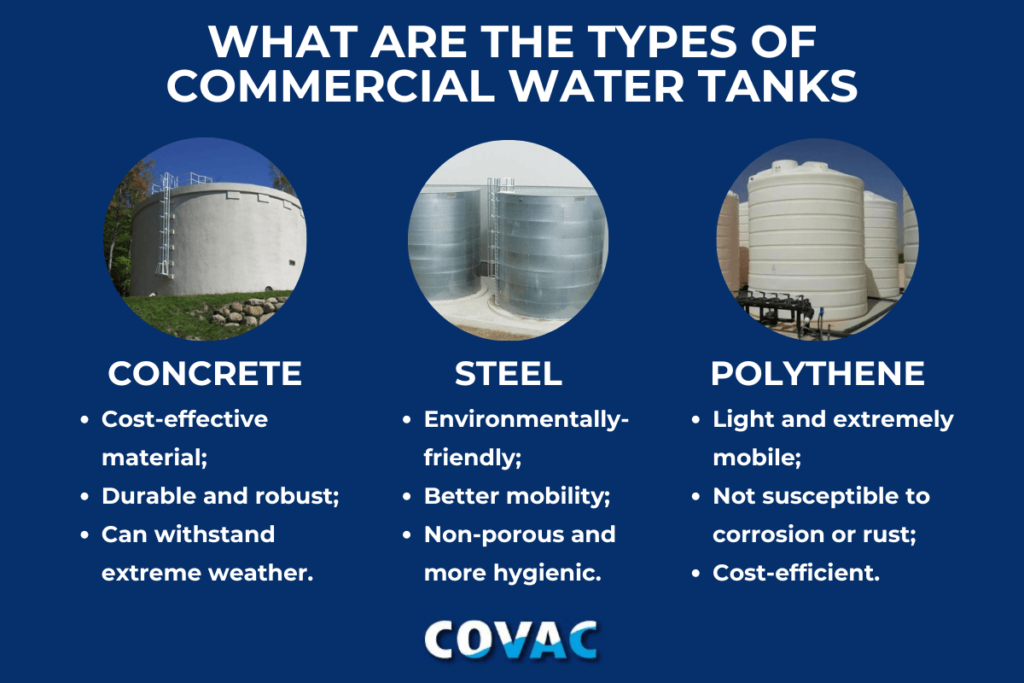
Concrete
Historically, concrete has been a popular material used to construct commercial water tanks. Not only is this a cost-effective material, but it’s also extremely robust and durable. This ultimately provides you peace of mind. You can rely on concrete to withstand extreme weather conditions. There are, however, some drawbacks.
Firstly, concrete is heavy, making moving the tank difficult. This could be an issue if you requires a mobile solution, for example. What’s more, the material itself is porous. This makes concrete tanks susceptible to bacteria and algae growth, which creates problems for facilities requiring potable water storage. They are also more susceptible to cracks and leaks which means a concrete tank might need more maintenance.
Services such as concrete tank lining, which we offer, help mitigate the occurrence of cracks and leaks and prolong the live of your concrete tanks.
Steel
Steel water tanks are another popular option for commercial settings. Steel is highly recyclable, which is great if you want to create ethical and environmentally-friendly solutions. This type of tanks also offer better mobility than concrete and can be moved with a forklift. Additionally, they are more hygienic as they are not porous in nature.
However, just like with concrete tanks there are also a few drawbacks to consider.
Steel is notoriously susceptible to rust and corrosion, which can contaminate the stored water. Moreover, different forms of steel offer better or worse levels of hygiene. Galvanised steel, for example, is coated with zinc to combat corrosion. Whilst steel tank lining is used to prevent zinc coming in contact with the contents of the tank, cracks can occur overtime which increases the likelihood of contamination.
Stainless steel is arguably the best option, as it offers the best protection against corrosion, rust and degradation. This material is expensive, however, and will require a more substantial investment than other options.
Polythene
Next on the list is the polythene water tank. This type of tanks have a number of key advantages.
Firstly, they are far lighter. This makes them extremely mobile, which may be a fundamental requirement in certain industries. Companies who provide sanitation solutions in countries struck by a natural disaster, for example.
Moreover, they do not suffer from issues with rust and corrosion. Additionally, they are a more cost-effective option in terms of maintenance and installation.
However, if you require a solution for storing potable water then polythene needs to be considered carefully. A polythene water tank, particularly one that is darker in colour, is susceptible to UV heating. This facilitates the growth of algae and bacteria, which ultimately contaminates the water. In warmer climates, in particular you need to be careful of Legionella contamination.
So Which Water Tank is Best?
Now have a better understanding of the differences between various types of storage tanks, it’s time to determine which one is best.
In our experience, there is no definitive best tank. Rather, the best tank for you will depend on your budget, needs and more. Consider if you require a potable or non-potable solution, what your budget is and where the tank is going to be located.
Each one has benefits and drawbacks, so we encourage you to consider them carefully.
Maintain Your Commercial Water Tank With COVAC
If you are searching for a way to protect your commercial water tank, here at COVAC, we offer water tank lining and relining for any materials.
Our knowledgeable engineers possess a wealth of experience to take on even the trickiest job. Thus, we are well equipped to guide you through the water tank buying or restoration process. For more information, contact us today.
